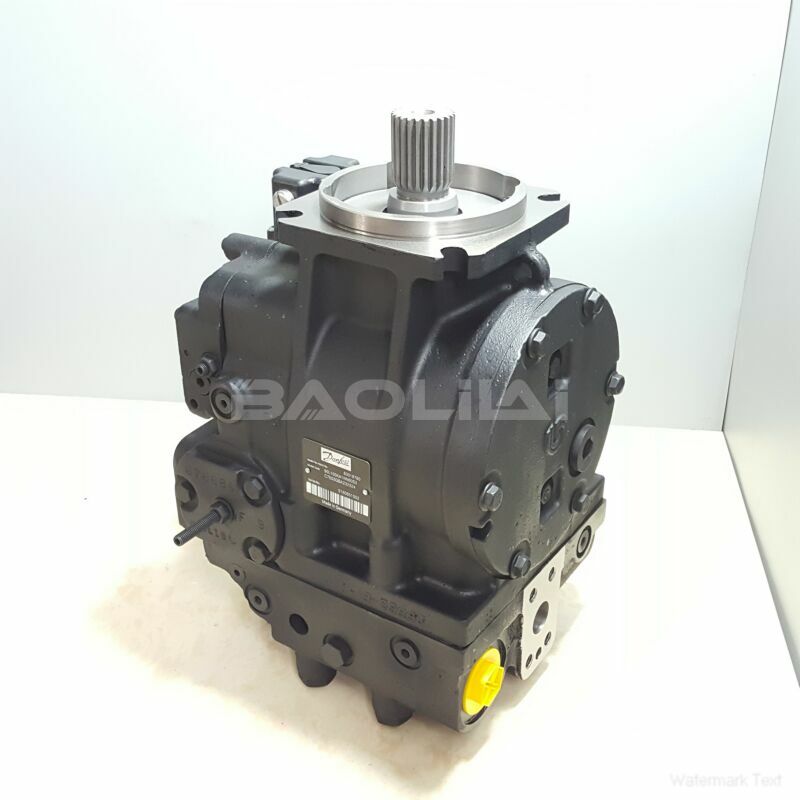90L075KA5BC80S3S1D03GBA323224 high pressure pump
90L075KA5BC80S3S1D03GBA323224 high pressure pump

- Product Details
- Applicable Scene
High-pressure pumps play a crucial role in the automotive industry, particularly in the testing of engines. These pumps are vital for simulating the operational conditions that an engine will face in real-world applications. Their ability to deliver fuel or other fluids at high pressures allows engineers to assess performance, efficiency, and overall durability.
90-L-075-KA-5-BC-80-S-3-S1-D-03-GBA-32-32-24
90L075KA5BC80S3S1D03GBA323224
One of the primary functions of high-pressure pumps in engine testing is to simulate fuel injection systems. Modern engines rely on precise fuel delivery to achieve optimal performance and reduced emissions. High-pressure pumps can replicate the conditions of direct fuel injection, providing the exact pressure and flow required for testing various engine configurations. This enables engineers to fine-tune fuel injection timing, atomization, and overall combustion efficiency.

80005543
Another application of high-pressure pumps is in the evaluation of an engine’s cooling system. During testing, it is essential to monitor how well the engine can dissipate heat under stress. High-pressure pumps can circulate coolant through the engine and associated heat exchangers, allowing engineers to measure temperature changes and assess the effectiveness of the cooling system. This data is invaluable in preventing overheating and ensuring engines operate within safe temperature ranges.
Additionally, high-pressure pumps help in simulating extreme conditions that engines might encounter, such as high-speed operations and heavy loads. By adjusting the pressure and flow rates, engineers can recreate scenarios that test the limits of an engine’s performance. This helps identify potential weaknesses, such as fuel starvation, air-fuel mixture issues, or component failures, which can be addressed before the engine reaches the market.
In the context of emissions testing, high-pressure pumps are essential for evaluating how fuel burns under various conditions. By varying the fuel pressure and flow, engineers can assess the engine’s emissions profile and determine compliance with environmental regulations. This aspect of testing is increasingly important as automakers strive to meet stringent emissions standards.





